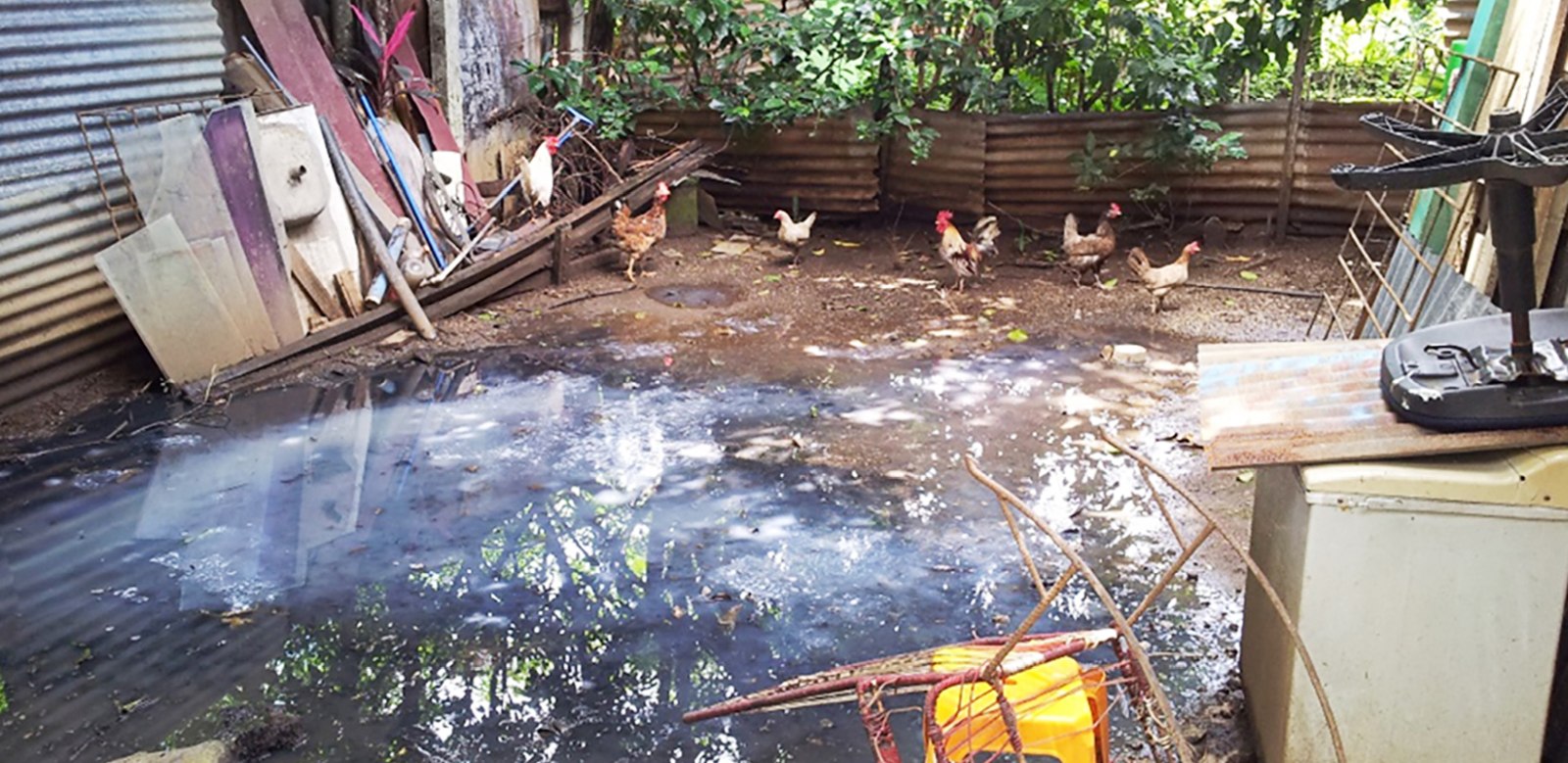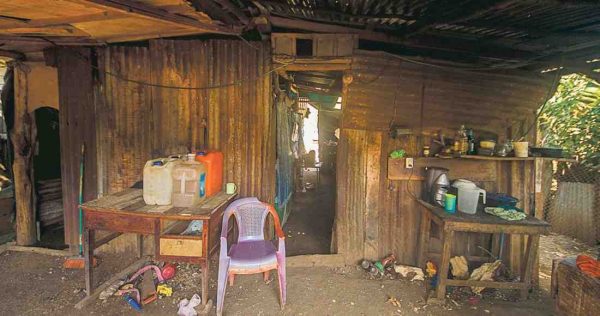
There is not a neighborhood, business or news media that has not talked about the increase in dengue, zika and chikungunya in Nicoya. But do all Nicoyans really grasp the severity of the problem?
In order to answer that question, a group of researchers from the State Distance University (UNED- Universidad Estatal a Distancia) conducted a study in 2013, in which they interviewed 800 people from a segment of the economically vulnerable population of Nicoya.
The research sought to identify the social and behavioral reasons that influence the spread of epidemics among men and women.
The study concluded that for those families living in extreme poverty, with problems such as alcoholism, drug addiction and domestic violence, the dengue epidemic becomes one more problem among others that are worse. “Imagine a mule carrying a ton, and then adding a kilo to it,” said researcher Benicio Gutierrez as a comparison.
“If a mother has to decide between buying milk or bread for her children, or buying repellent to ward off the mosquito that transmits dengue or screens as a protective barrier on doors and windows, it is obvious that she will prefer to feed her children. That is the reality that many families experience in Nicoya,” Gutierrez said.
According to the survey, 56% of those interviewed said they never use repellent, only 12% always use it and 22% use it only when they go for a walk or while working. The remaining 10% only use it occasionally.
The survey revealed that 4.5% have protective barriers on doors and windows, 10% only on main doors and 85.5% said they do not use them at all.
According to Gutierrez, those who experience the stress of poverty are hardly able to take action to solve other problems that are less important for them.
In addition, although there is knowledge of the problem, action is not always taken. Of those interviewed, 71.5% said they have taken some action to eliminate breeding sites, 25% took no action and 3.5% said it is the responsibility of the institutions, municipalities and the Ministry of Health.
Moreover, it is noteworthy that of all the women surveyed, 64% stated that they have been diagnosed with dengue at some time in the last five years. Of the total number of men interviewed, only 43% were diagnosed sometime in the same period, indicating, not that women are more likely to get the disease, but rather that many men do not go to consult a doctor and prefer to endure the pain at home.
The results of the study were presented on March 18, 2016 in the Coopenae meeting room in Nicoya. Representatives were present from various institutions, including Abner Angulo, director of La Anexion Hospital, Liseth Brenes, vice provost for research at UNED, Marco Jimenez, mayor, and Tannia Tanchez, epidemiology specialist at the Nicoya hospital.








Comments